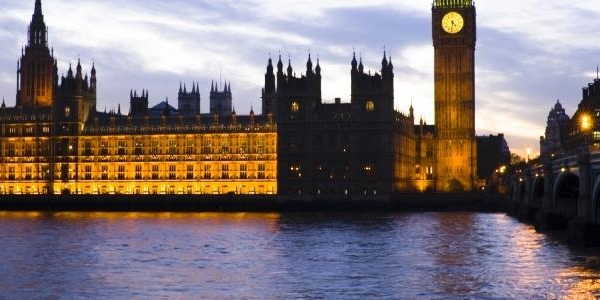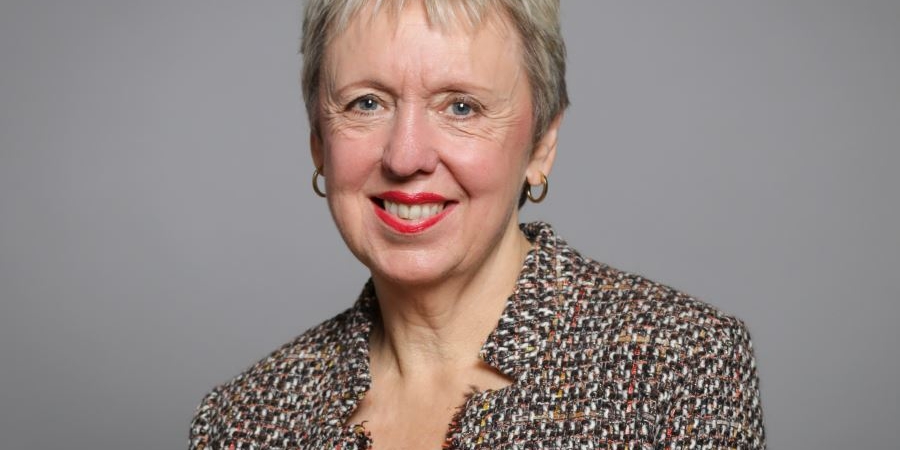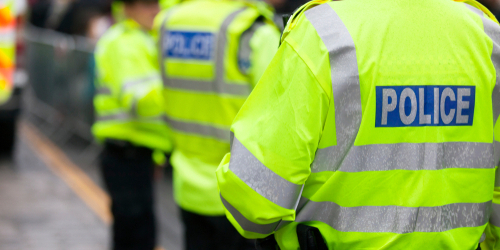Scots Hate Crime Bill: People Could Be ‘Put Through The Mill’ To Prove Innocence
Religious Liberty
The Scottish Government’s controversial Hate Crime Bill will mean people will need to go to extreme lengths to prove their innocence, critics have warned.
John McLellan, the director of the Scottish Newspaper Society also said the laws could pose a ‘significant danger’ to media publishers.
MSPs on the Justice Committee took oral evidence yesterday at Holyrood from a range of organisations, including writers and theatre representatives.
Last week, legal experts pointed out flaws in the legislation and the week before, MSPs on the committee raised numerous concerns to the Justice Secretary.
"People who have led law-abiding lives and done nothing wrong finding themselves in the end of police investigations. People would be put through the mill to prove they had nothing to answer for."
Theatre and Faith Groups Outline Concerns
Representatives of the artistic community raised concerns that theatre has been ‘singled out’ within section four of the bill.
David Grieg, artistic director of the Lyceum Theatre in Edinburgh said this section was ‘broadly speaking unnecessary’.
Meanwhile faith groups expressed concerns over the definition of ‘inflammatory’ material under the new law, pointing out that certain religious texts could be caught up in it.
Anthony Horan, director of the Catholic Parliamentary Office said:
"We’ve given the example before of the Catholic understanding of the human person and the belief that gender is not fluid and changeable.
"And that might be something that could be considered inflammatory by some people and lead to a police investigation."





Share story
Scots Hate Crime Bill: People Could Be ‘Put Through The Mill’ To Prove Innocence